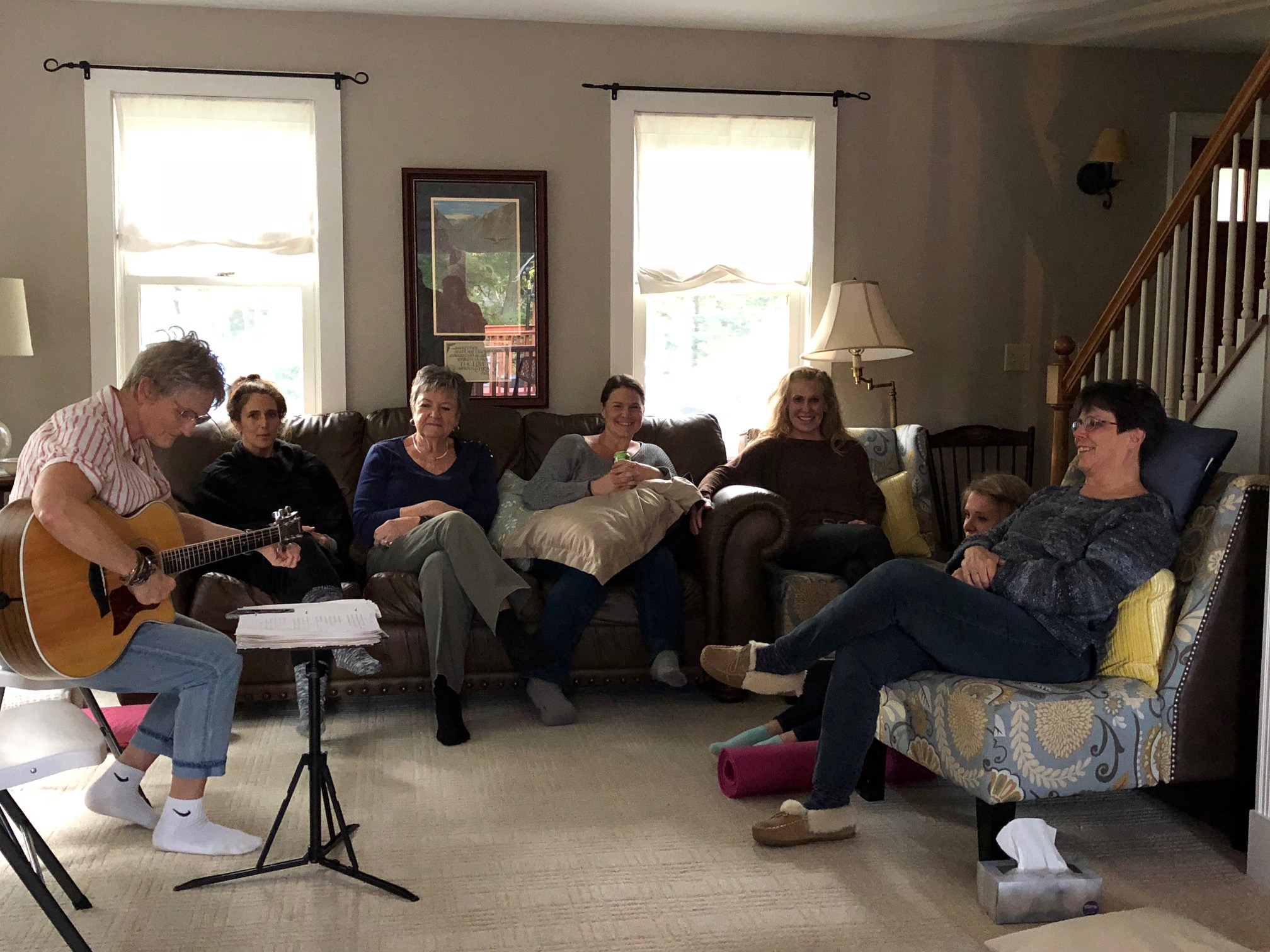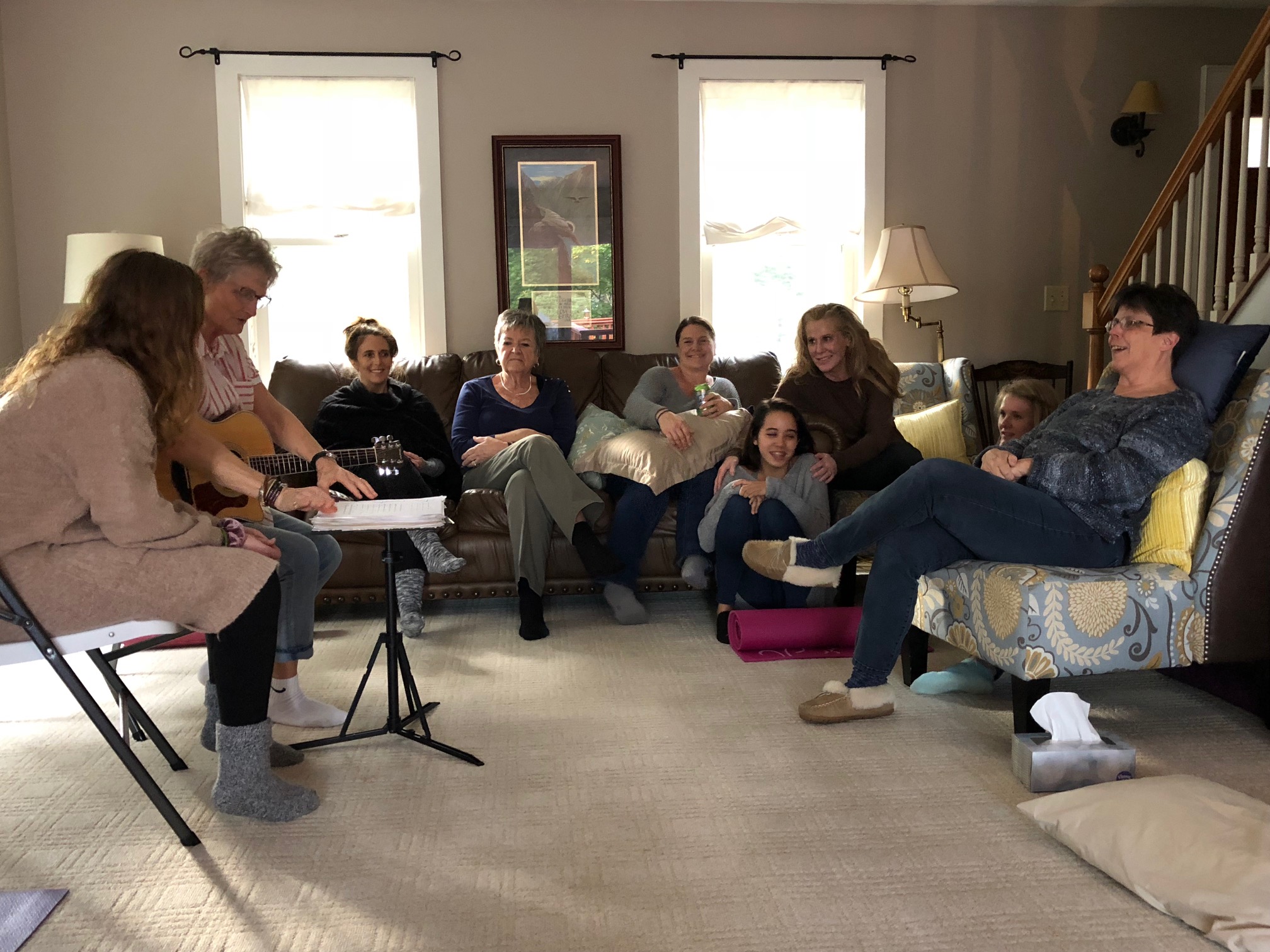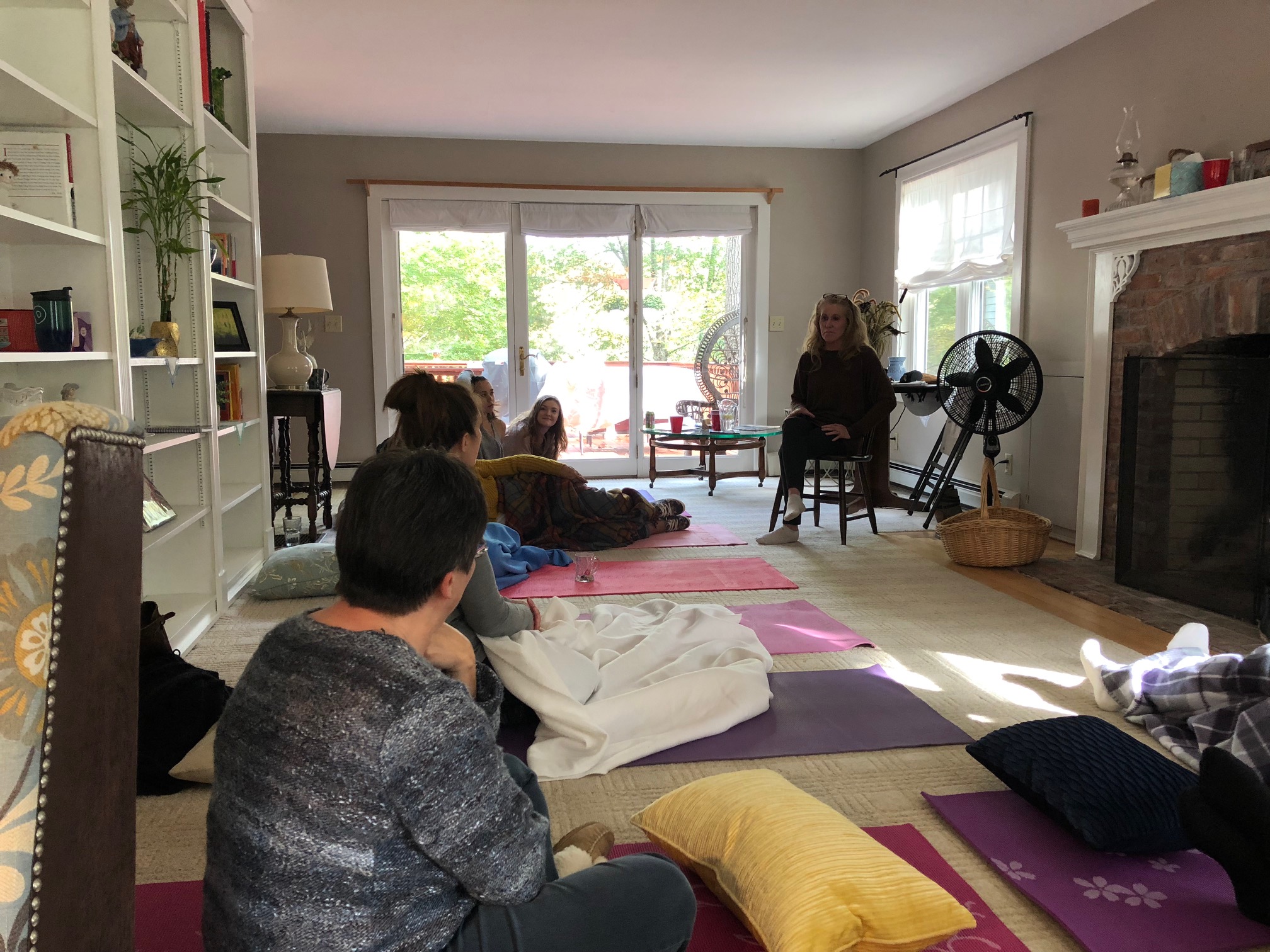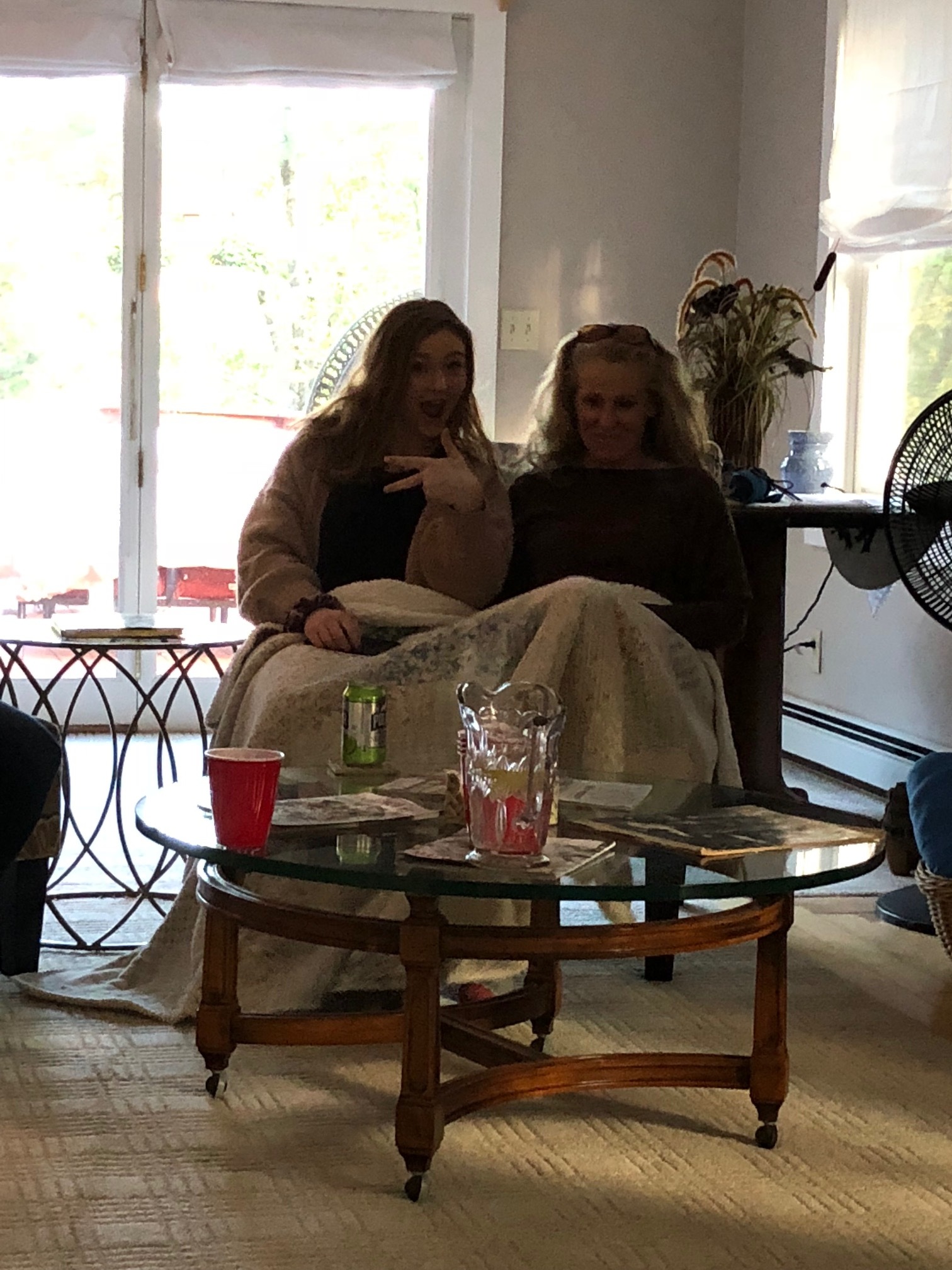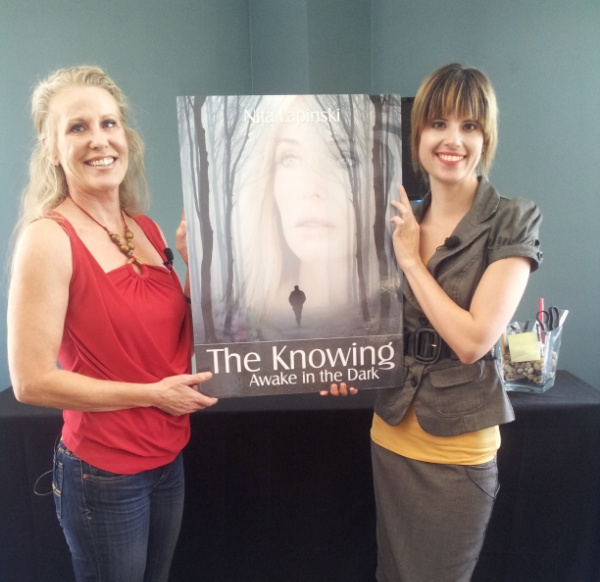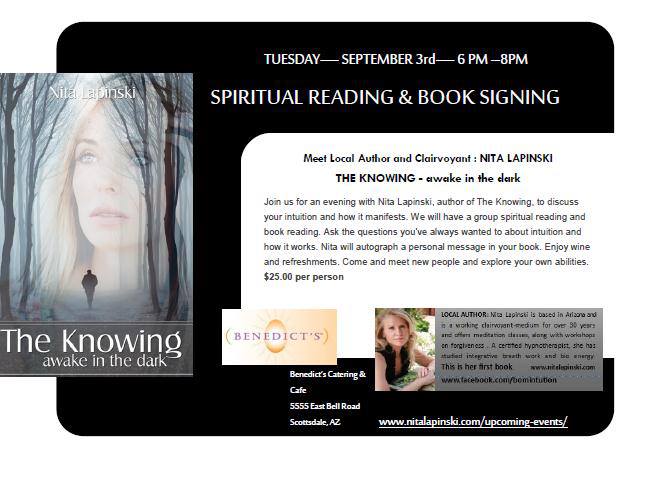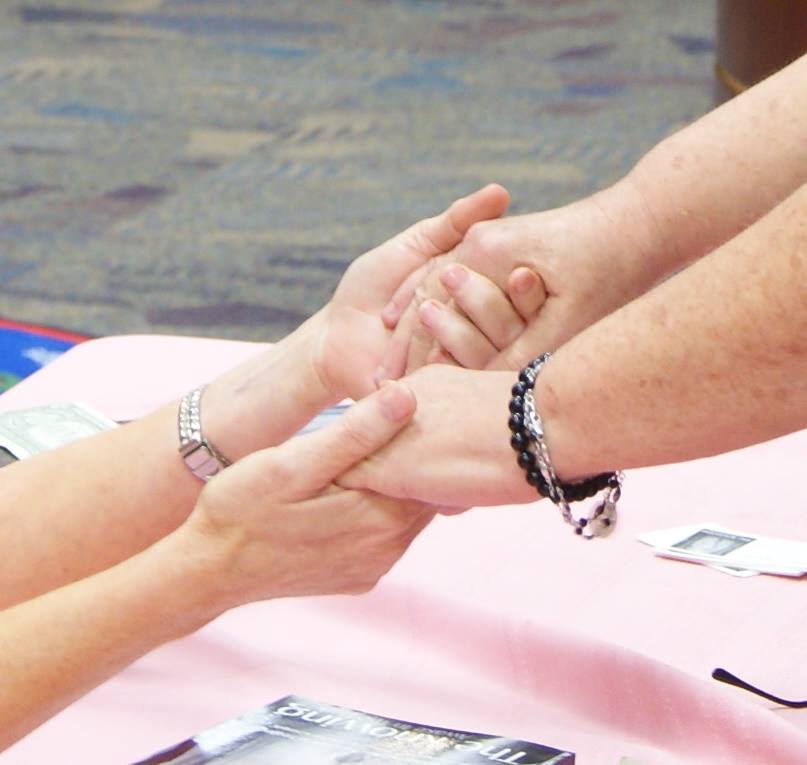Meditation
/When we lack balance in our lives it’s generally because we overthink, self-criticize, stress out or become anxious. Or we struggle with weight, diet, and have image issues that can fuel low self-esteem, doubt, and questions of self-worth. Regardless of what we suffer, our lives are negatively affected and our mental chatter can create deafening noise. We yearn for a safe and quiet space. Meditation is one way to find that quiet space. As the quote says, “Prayer is when we talk to God, meditation is when we listen.” Meditation is the art of learning to listen.
For some the idea of meditation can bring expectations of extensive daily time commitment, an inability to “clear their mind,” or images of peace signs and hippies. None of these notions are true. A daily, ten-minute practice, which can include a mental mantra instead of thinking nothing, can change how we think, feel, and act. Clearing the mind is not a prerequisite and I know CEOs who meditate daily. There are many types of meditation and each one is as unique and different as those who practice them. There are also common outcomes. For instance, scientists studied a group meditation involving 7,000 people for a two-week period, and found it affected the city's crime rates, acts of violence, and death. There was an average reduction in all three by 16%. Other studies used MRI and EEG to observe brain function while meditating, and found that meditation appeared to be as effective in treating some forms of anxiety and depression as medication. The findings were published in the Journal of the American Medical Association in early 2014. Inspiring, right?!
As a meditation teacher for over thirty years, I have learned three important truths. First, everyone can learn to meditate no matter how busy or loud they believe their mind to be. Second, a regular meditation practice can cure insomnia, depression, anxiety, issues with focus, and emotional struggles of many kinds. Third, meditation creates clarity, and allows us to experience a sort of quiet even when we are listening to a guided meditation or using a mental mantra. It’s not a “think nothing” kind of quiet, though one can attain that; it’s an experiential quiet. If you have wanted to try meditation I suggest a basic beginner’s method of candle gazing. You can begin with five minutes and expand from there. There are other ways to meditate, like gazing at a fish tank or fixing your gaze at the horizon of a setting or rising sun. Chanting is an effective meditation and using breathing patterns is also very good. Group meditation is a way to join others and share a collective energy. All of these options get us out of our heads and shift our perspective. Why not devote five minutes and give meditation a chance? Here’s a link to Meditation Hand Book for Beginners, which includes instruction on how to candle gaze and a few more basic method options. Amazon http://amzn.to/2gFgTfI






